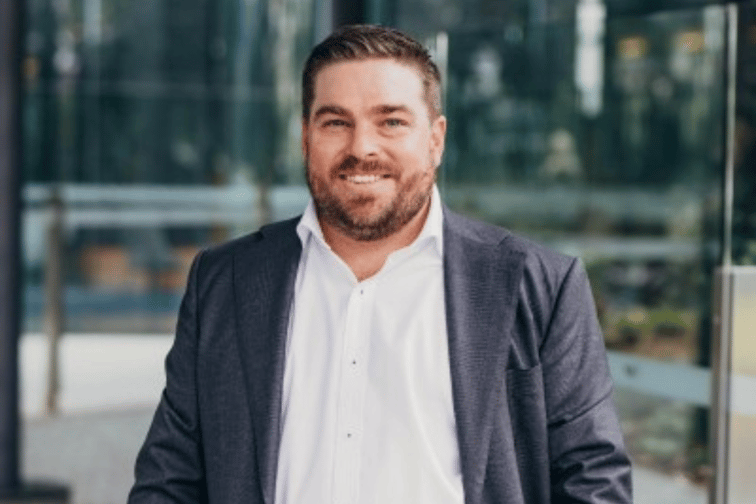

Cornerstone Risk Group’s website and media releases say the Brisbane headquartered firm is “renowned for taking on tough risks.” How does a brokerage come up with a catchy but truthful tagline?
“I came up with that a long time ago,” said Cornerstone’s director, Scott Mitchell (pictured above). “It was 2016 and I had just started Cornerstone. At that stage, as a small business owner, I was wanting to take on any risks!”
However, the tagline stuck, he said.
“What I mean is that we’re open to looking at all types of risks and businesses and essentially, Cornerstone is persistent, we won’t shy away from a challenging placement,” he said.
As examples, Mitchell listed big manufacturers, large farming aggregations, construction companies and abattoirs. Farms might have thousands of acres of land and tens of thousands of head of cattle and a feedlot operations attached.
“Just because a business sounds complex and is complex, doesn’t mean it is too complex for us to consider,” he said.
Mitchell suggested that his firm’s tagline is actually more true now that it ever has been.
“We can now say with confidence with the support of Resilium Partners and the larger Ardonagh Group, we have so much scope available to us offshore now to find homes for these businesses, which previously we didn’t have,” he said.
Mitchell said “there’s not a lot we can’t work.” He pointed to abattoirs as a particularly good example.
“Generally, they [abattoirs] have a big infrastructure and they’re highly flammable,” he said. “There are a lot of moving parts.”
What about more generally destructive tough risks? Like floods, that spent most of 2022 inundating homes and businesses across Australia’s east coast?
“Any client who has been impacted by flood is acutely aware of the risk and for those who haven’t been, we highlight the fact that each flood is different,” said Mitchell.
The Cornerstone boss referred to his Brisbane location and that city’s experience of severe flooding in both 2011 and 2022. Mitchell said both flood events played out very differently for local businesses – some were impacted by one event and not the other. However, he said businesses that haven’t experienced flooding can’t use that as an excuse.
“That ‘we didn’t flood last time’ excuse from a consumer or client just doesn’t cut it anymore,” he said. “In a city like Brisbane, where vast areas of Brisbane are exposed, it’s a question of mitigation and that’s got to be via insurance or other methods.”
He said despite the expense of flood insurance, the businesses who have seen the benefits of having coverage after a disaster are “more than happy to pay for it.”
“It’s still affordable [in Brisbane] and I will recommend that anybody who thinks they could flood should get flood insurance if available,” said Mitchell.
However, he conceded that in cities like Lismore - where local sources have told IB that flood insurance can cost $200,000 for a business – flood coverage has become unattainable.
“Lismore is tough,” he said. “If you can buy it [there] it’s too expensive.”
